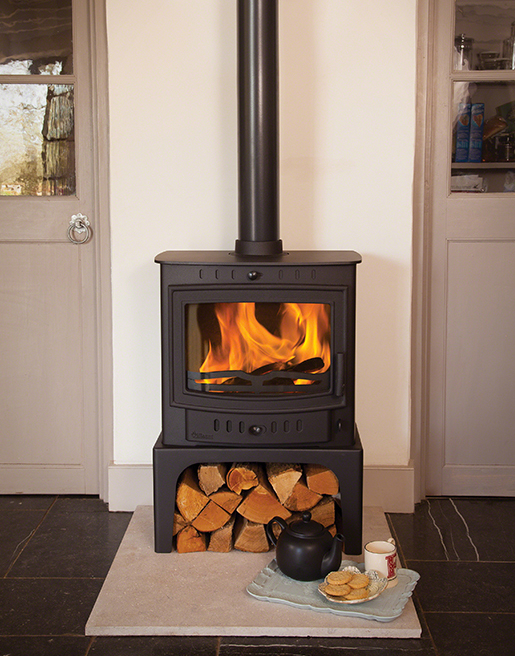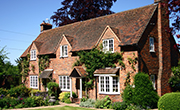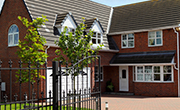| Heating a semi-detached house |
| |
| |
Semi-detached homes are the most likely to require the most thorough examination of insulation. Many semis, especially those built since the fifties, had poor insulation when they were built and attempts to improve the situation may not be as efficient as advertised. Cornwall
central heating specialists Stove Shop provide advice on choosing a central heating system for a detached house.
Wood burning stoves need a chimney, something that is conspicuously absent from many semi-detached houses. There are simple systems of flues that can be fitted to any home allowing the safe use of wood-burning and multi- fuel stoves.
These should be installed by experts who can ensure that they are working properly and do not present a safety hazard. You may also need planning permission for these. If you are building an extension then there are simple and cheap methods of including a chimney into the new build. |
| |
| Our recommendations |
| |
|
|
|
|
|
| |
| This information should be used as a guide, each case is individual so please contact us at Stove Shop for more specialist information on central heating systems for your commercial property. Alternatively, visit our online shop for our full range of stoves » |
| |
| Have a different property? Browse our alternative buyers guides |
| |
|
| |
| Loft insulation, double glazing, cavity wall insulation and draught excluding measures may all have been installed decades ago and be far less efficient than their new equivalents. Almost all semi-detached home will have an existing gas boiler and central heating system. This can be linked to a stove / boiler and reduce your gas bills, combined with solar panels you can essentially make your gas boiler redundant. Hot running water all year round, heating from your stove warming the whole house through the winter. |





